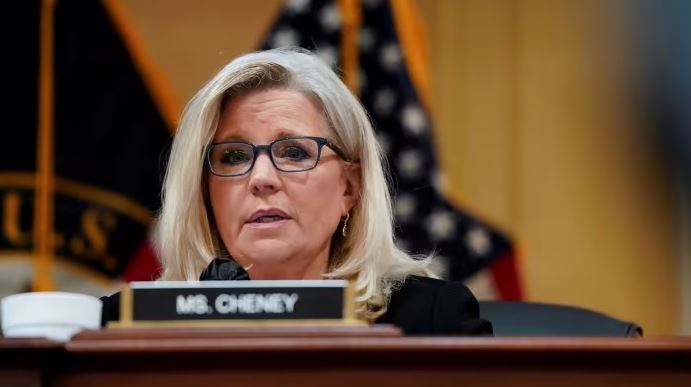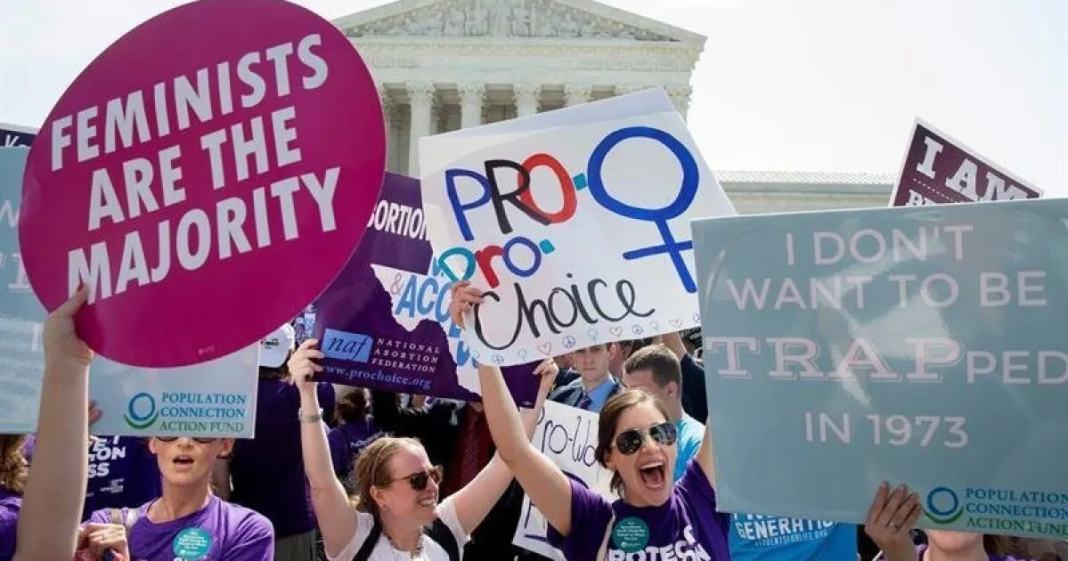WASHINGTON (AP) – The U.S. House of Representatives votes Thursday on whether to hold Steve Bannon, a longtime ally and aide to former President Donald Trump, in contempt of Congress for defying a subpoena from the investigative panel on the Jan.6 robbery of the Capitol.
The panel has promised that it will act swiftly and vigorously to punish anyone who does not cooperate with the investigation, but it will most likely be up to the Justice Department and the courts to determine the next step.
If the lower house vote finds him in contempt, as expected, questions remain whether the Justice Department would prosecute Bannon, despite Democratic calls for action.
The result could determine not only the effectiveness of the lower house investigation, but also the strength of Congress to subpoena witnesses and demand information – factors that will certainly weigh on Justice Department officials when determining how to proceed.
While the Department has historically been reluctant to use its authority against witnesses found in contempt of Congress, the circumstances are exceptional when lawmakers investigate the worst attack on the Capitol in two centuries.
To emphasize the panel’s unity in holding Bannon accountable, the committee’s Democratic chairman, Bennie Thompson, will lead the debate on the proposal alongside Republican Liz Cheney, in a rare display of bipartisanship in the full house.
Still, a majority of Republicans are expected to vote against the measure, despite the potential consequences for the institution.
If Congress can’t do its supervisory work, the message sent “to the general public is that these subpoenas are a joke,” said Stephen Saltzburg, a George Washington University law professor and former Justice Department official. He said that if Attorney General Merrick Garland, a federal judge whom Saltzburg considers “one of the least partisan people I know,” does not authorize a prosecution, “he is going to be letting, I think, the Constitution be jeopardized. . And that’s too important for him to allow it to happen. “
Democrats are pressuring the Department to accept the case, arguing that democracy is at stake.
“The stakes are huge,” said Democratic Rep. Jamie Raskin, a member of the panel. “The United States Congress, under Article One, has the power to investigate to inform our deliberations on how to legislate. That’s what it’s all about ”.
























































































